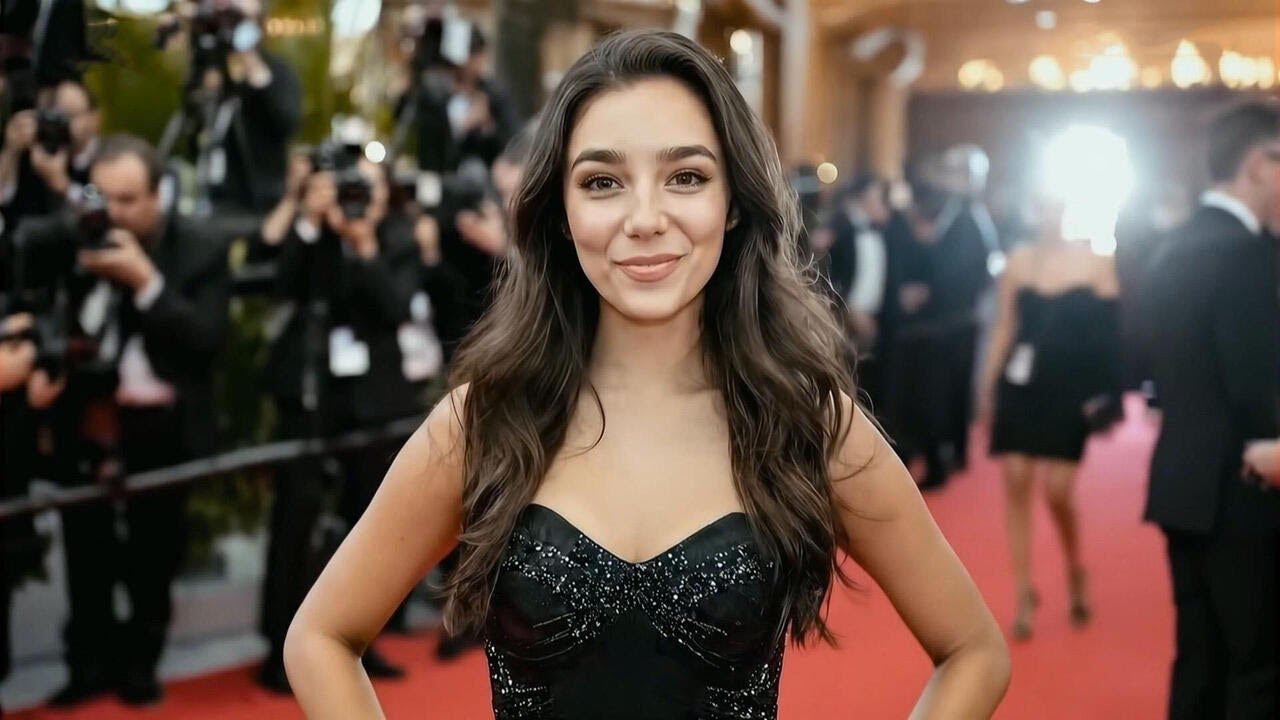The video explores the controversy surrounding Tilly Norwood, an AI-generated actress created by Alen Vandervelden, which has sparked concern among real actors who fear AI performers threaten their jobs. While Vandervelden argues AI is a tool to enhance creativity, the entertainment industry remains divided amid ongoing debates about the ethical and professional implications of AI talent in Hollywood.
The video discusses the controversy surrounding Tilly Norwood, an AI-generated actress created by Dutch comedian Alen Vandervelden and her AI talent studio, Shakoya. Tilly Norwood is not a real person but a digital creation designed to be the “ultimate girl next door” and is being pitched to Hollywood talent agencies as the next Scarlett Johansson. This development has sparked significant debate and concern within the entertainment industry, particularly among real-life actors who see AI-generated performers as a threat to their livelihoods.
Alen Vandervelden explains that AI is intended to be a new tool in the artistic world rather than a replacement for human actors. Despite this, many actors have expressed strong opposition to the idea of AI actors being signed by agencies. For example, actress Melissa Barrera publicly criticized the concept, calling it “gross” and urging people to “read the room.” The controversy comes in the wake of recent actors’ union strikes in 2023, which sought to establish protections against the misuse of AI in the industry.
The use of AI in Hollywood is not entirely new; it has been employed to enhance performances, such as helping Adrienne Brody perfect a Hungarian accent in the film “The Brutalist” and digitally de-aging Harrison Ford in the latest Indiana Jones movie. However, the introduction of fully synthetic AI performers like Tilly Norwood represents a significant shift, raising questions about the future of acting jobs in an already competitive and contracting market.
Ela Low, a staff writer for The Ankler, highlights the challenges faced by actors as the industry evolves. She notes that the addition of AI-generated performers could further reduce opportunities for human actors, exacerbating an already difficult job market. The actors’ union SAG-AFTRA has yet to respond to inquiries about the situation, leaving many questions about how the industry will regulate and integrate AI talent.
Despite the backlash, Vandervelden plans to launch over 40 AI stars through her company, with applications spanning TV, film, podcasts, and video games. She insists that these AI actors are not meant to replace humans but to complement the creative process. Nonetheless, the tension between embracing AI technology and protecting human artists remains a contentious and unresolved issue in Hollywood.
